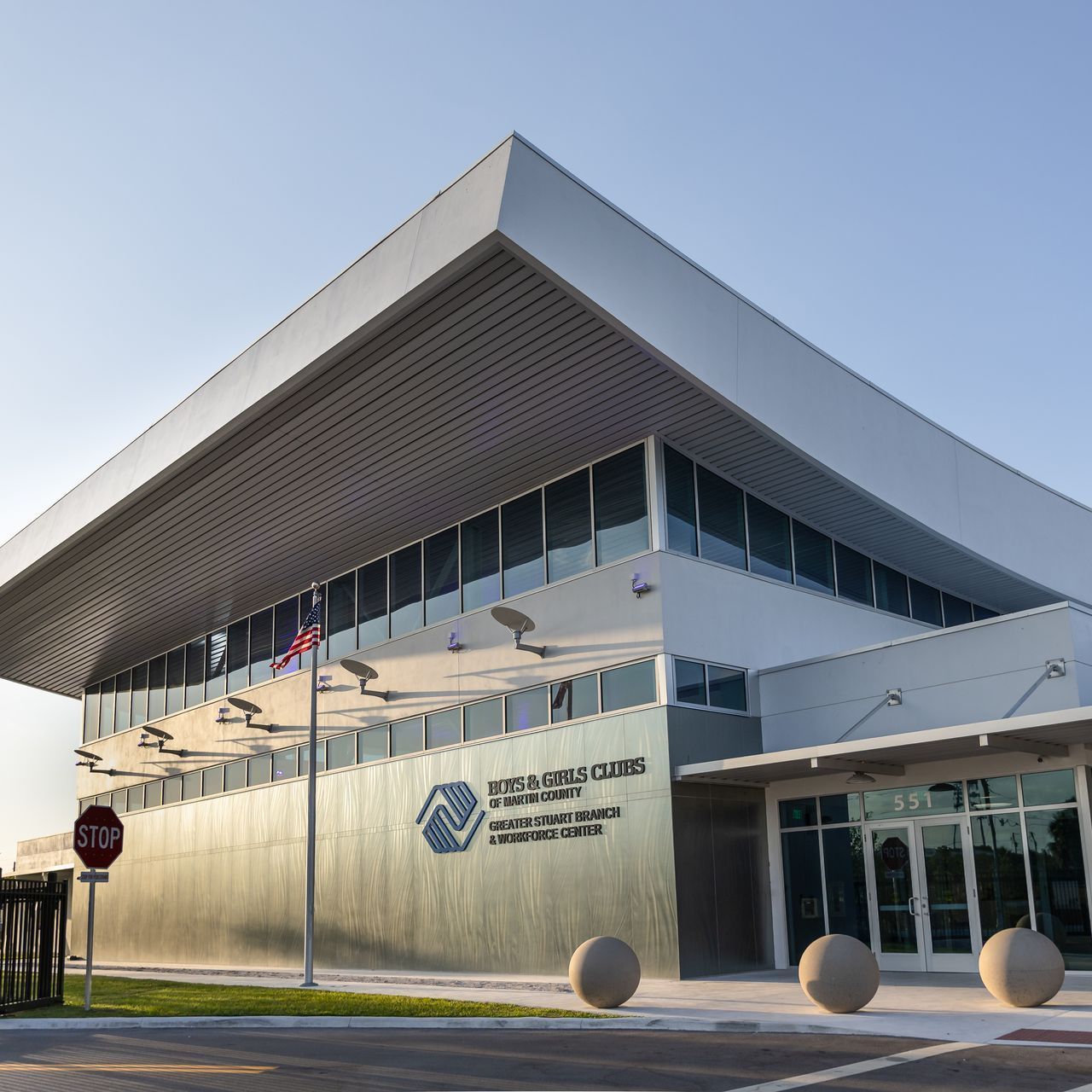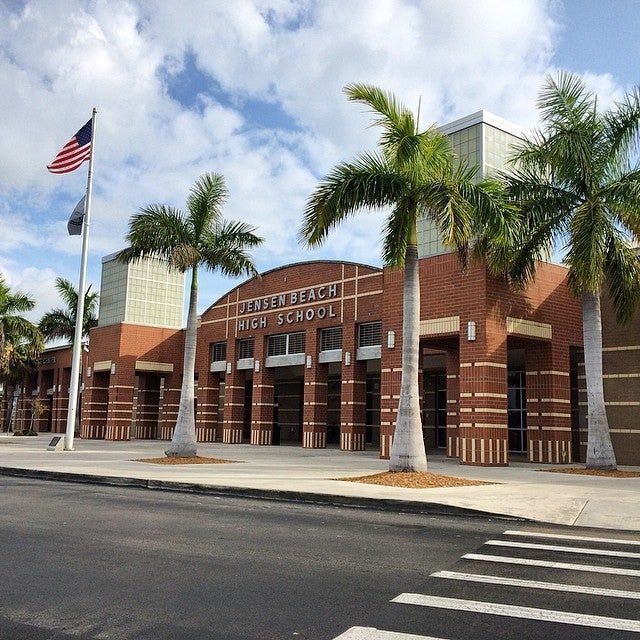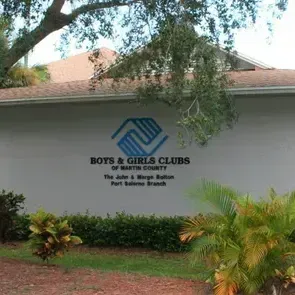Strong support networks are essential to mental wellness. But such networks must be built.
Fletch’s Perspective
Social Services Team
With more than 600 members in our clubs daily and more than 6,000 kids impacted annually by our outreach programs, the Boys & Girls Clubs of Martin County (BGC) staff is well versed in helping our members resolve all kinds of conflicts that arise among them.
But some situations have little to do with the trivial differences between two quarreling members and reflect a deeper concern.
This is where our Social Service Specialists come in. Led by licensed social worker Laura Contrera and composed of similarly credentialed as well as master’s level counselors, the team provides individualized, trauma-informed, confidential counseling to our members and their families for free.
Perhaps most importantly, the team operates proactively, creating community conversations aimed at destigmatizing mental health matters.
“This is an invaluable service provided to club members as we can meet them where they are at,” says Laura, “thereby reducing the barriers to accessing services.”
She employs a comprehensive approach called the “Four-Tier Program” that anticipates each level of intervention.
Tier One: Certified teachers provide weekly programming encompassing social-emotional learning where participants learn to recognize signs and symptoms of trauma and how to administer Mental Health First Aid.
Tier Two: Club members exhibiting troubling behavior enroll in H.E.R.O. (Helping Each Other Realize Opportunities), receiving one-on-one and group mentoring through activities that break down patterns of isolation, improve social skills and encourage engagement.
Tier Three: Master’s level counselors conduct behavioral interventions and crisis de-escalation measures in one-on-one counseling sessions often involving tailored treatment plans.
Tier Four: Trusted community partners visit the clubs to provide services as well as referral information to parents or guardians of club members in need of more formal psychiatric assessments.
Strong support networks are essential to mental wellness. But such networks must be built. So the Social Service Specialists organize events with our members and their families that:
- Address current trends
- Instruct on identifying signs and symptoms of concern
- Separate facts from myths
- Advise steps for emotional/social self-care
- Reveal how to speak with people contending with mental health challenges.
Regular training keeps our Social Service Specialists sharp and attuned to the needs of our members. They earn certifications in Youth Mental-Health First Aid and QPR (Question, Persuade, Refer), a suicide prevention technique.
Sobering national statistics remind us how vital this work is. According to National Alliance on Mental Illness (NAMI), one in six young people ages 6 to 17 experience a mental health disorder. Even more alarming, suicide is the second leading cause of death among youth ages 10 to 14.
This is our why—why we’re so committed to offering a top-tier team of highly educated and dedicated professionals to perform such services.
The wholistic health of the young people entrusted to our care requires vigilance and knowledge, gentleness and strength. The Social Service Specialists possess these traits and so much more in spades. While their efforts remain largely lowkey—especially when compared to our recognition of members’ achievements in academics, athletics, leadership and career skills—their contributions to the outcome are immeasurable.
To read more, click here!
This program is proudly funded by the Florida Blue Foundation, the Community Foundation for Palm Beach and Martin Counties, and by the Children's Services Council of Martin County.
 Translate
Translate








